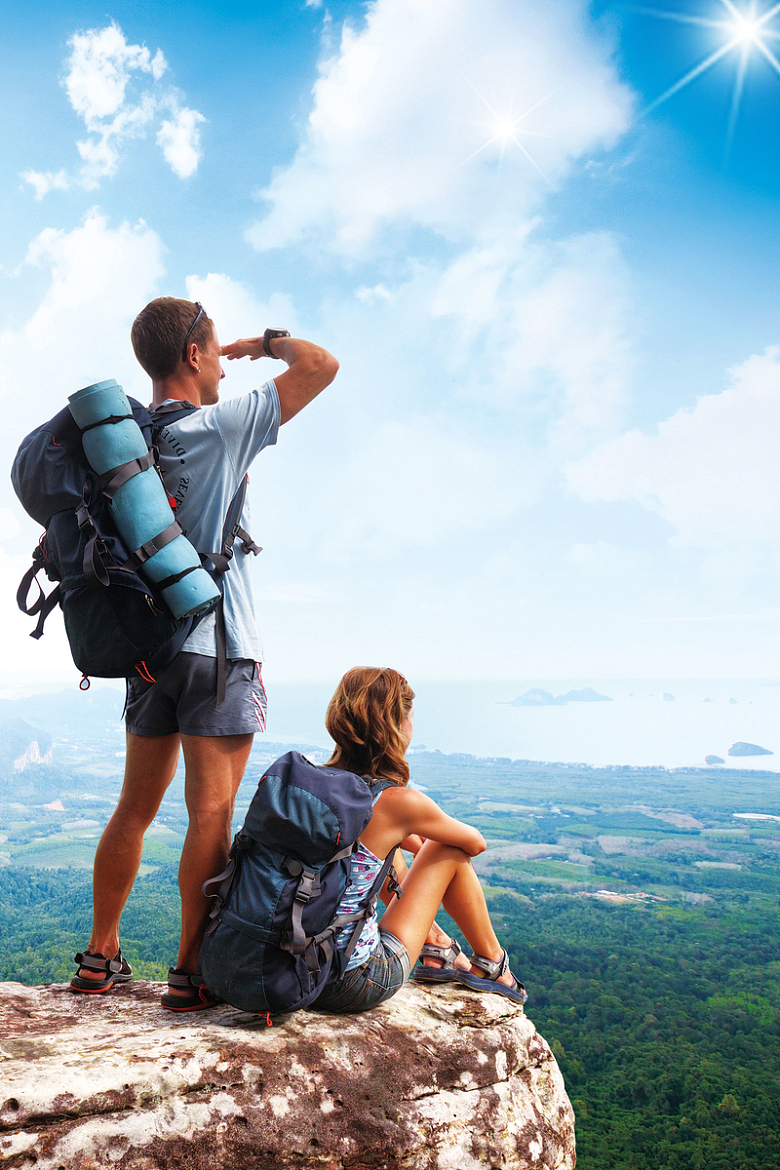Embarking on outdoor adventures requires a set of safety awareness, ethical considerations, interpersonal skills, and knowledge of proper equipment. This guide outlines key aspects for novice hikers to ensure a safe and enjoyable outdoor experience.

1. Safety Knowledge and Habits:
- Safety should be the top priority in outdoor activities. Understanding and mitigating risks is essential to personal, team, and societal well-being.
- Many outdoor accidents result from ignorance and recklessness. Novice hikers should prioritize safety, avoiding unnecessary risks that may lead to accidents or endanger rescue teams.
- Common accidents include flash floods during summer stream tracing, altitude sickness during high-altitude hikes, insufficient protection during water crossings, getting lost while hiking, and inadequate winter gear leading to hypothermia.
2. Basic Outdoor Ethics:
- Leave No Trace (LNT) principles are essential. Do not harm the environment unnecessarily. Do not pick protected plants or disturb wildlife.
- Avoid picking unknown mushrooms or plants, as some may be toxic. It’s challenging even for botanists to identify all species accurately.
- Dispose of garbage responsibly. Carry back plastic, metal, and glass items. Leaving litter detracts from the beauty of nature.
3. Team Spirit and Interpersonal Skills:
- Embrace a team spirit and cooperative attitude. Be considerate and avoid conflicts that may negatively impact the team’s experience.
- Obey the instructions of the team leader, adhere to the route, and avoid risky behavior. Cooperation is crucial for a harmonious and safe journey.
- Be punctual, avoid unnecessary delays, and contribute to a positive team dynamic. Cherish the opportunity to bond with fellow outdoor enthusiasts.
4. Equipment Knowledge:
- Understand when to use specific gear based on conditions and destinations. Prioritize spending on irreplaceable equipment if on a budget.
- While some gear can be substituted, essential items like proper footwear, crampons, and gaiters should not be compromised.
- Familiarize yourself with using trekking poles correctly and learn how to use safety equipment for activities like rock climbing or water crossings.
5. Good Physical Fitness:
- Adequate physical fitness is not only a safety measure but also enhances the overall outdoor experience.
- Training for 2-3 months before activities like mountaineering or long-distance hiking is recommended. Focus on aerobic exercises, strength training, and specific activities that simulate the demands of your chosen outdoor adventure.
Conclusion: Outdoor activities have their challenges and require adequate preparation. Novice hikers should prioritize safety, ethical conduct, teamwork, proper equipment use, and physical fitness to ensure a positive and enjoyable outdoor experience. Preparedness is key, and rushing into outdoor activities without proper knowledge and skills should be avoided.
Note: The translation provided is a condensed version to capture the main ideas. For a comprehensive translation, you may want to collaborate with a professional translator.

